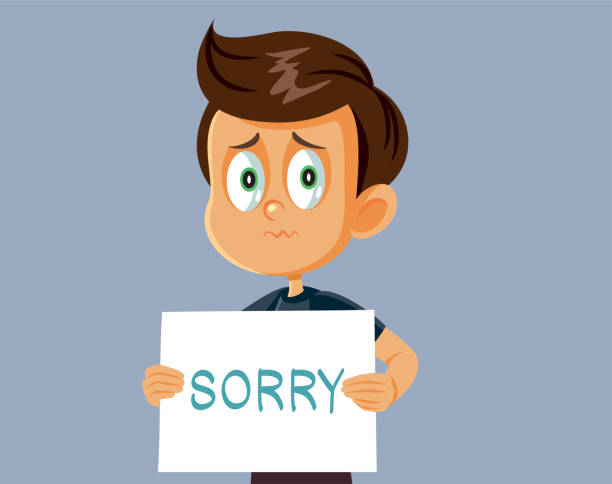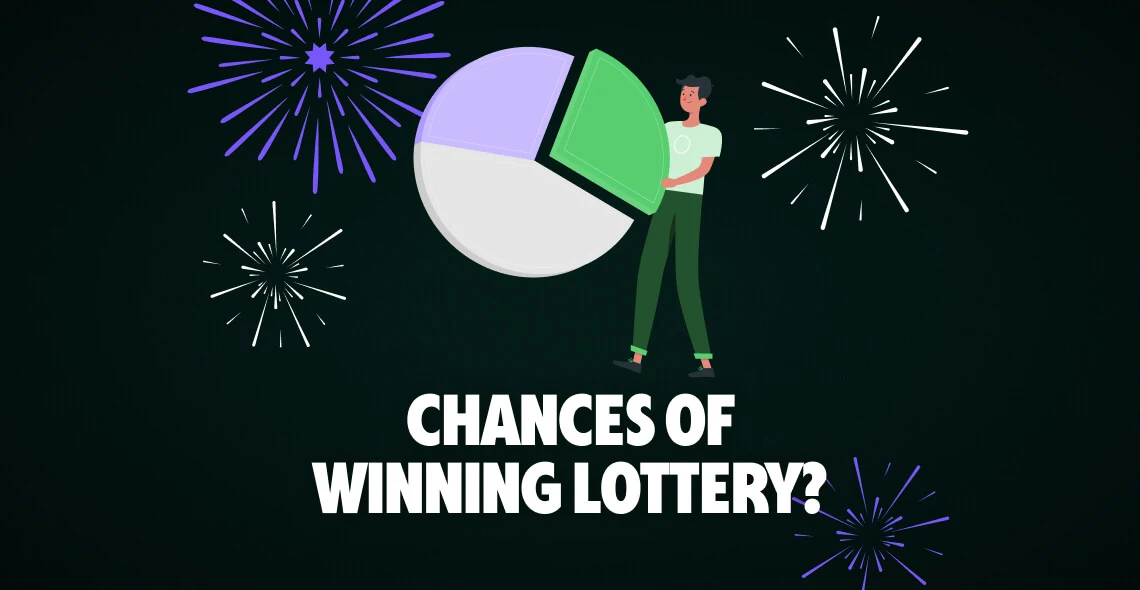Luck
Lesson explores the concept about luck, discussing various theory about luck.
Part 1
Warm-up
Answer the questions
Are you a lucky person? Why do you think you are ( or aren’t) lucky?
Who is the luckiest person you know? What makes this person lucky?
Part 2
Vocabulary
Read the word, its’ meaning, and the examples
Then make up your own sentences using the word.
Student can skip the words they already know.
excuse
/ɪkˈskjuːs/

a reason that you give to explain why you did something wrong
Please excuse me for being late.
He made an excuse for not doing his homework.
attract
/əˈtrækt/
to draw attention or interest
Flowers attract bees.
The show attracts a large audience every year.
visualize
/ˈvɪʒ.u.əl.aɪz/
to form a picture of someone or something in your mind
Try to visualize your goals.
I can’t visualize what the house will look like.
odds
/ɒdz/

the probability or chance that something will happen.
The odds of winning the lottery are very low.
Against all odds, he finished the race.
lucky charm
/ˈlʌk.i tʃɑːrm/
an object thought to bring good luck.
She carries a lucky charm in her pocket.
This coin is my lucky charm.
land in one's lap
/lænd ɪn wʌnz læp/
to receive something good without effort.
The job offers just landed in her lap.
Sometimes good opportunities land in your lap.
Make up your own sentences using the words.
Part 3
Reading comprehension
Read the article and answer questions.
Teacher helps student correct their pronunciation.
Luck
Does it land in your lap?
Lucky people are often in the right place at the right time. This is the excuse they give. Everyone wants to know their true secret to success. You know someone like this, don’t you? He wins money in the lottery. Free holidays land in her lap. When Miss Perfect meets Mr. Right at the bus stop, you can’t help but wish you had her luck.
Is it possible that some people attract good fortune? This theory is called the law of attraction. According to the law of attraction, good things happen to positive people. The trick is to visualize dreams coming true before they happen.
The law of attraction theory works in the opposite way too. In other words, bad luck follows negative people like a shadow. For example, negative people remind themselves they are not going to win as they enter a draw.
People play the lottery despite the odds of winning. Are your chances of winning higher if you visualize yourself as a millionaire? Perhaps all you need is a lucky charm in your pocket.
Check your understanding
What excuse do some people give for their luck?
What example of luck “landing in one’s lap” is given?
What theory is discussed in the reading?
According to the theory, what do positive people do to make their dreams come true?
What do some people carry to attract luck?
In your own opinion, do you agree with the writer?
Sample answer
1. Some people say they are just in the right place at the right time.
2. One example is someone winning free holidays.
3. The law of attraction theory is discussed.
4. Positive people visualize their dreams coming true before they happen.
5. Some people carry a lucky charm.
Part 4
Grammar
Introduction: Relative clause is a type of independent clause that describes a noun.
| Relative pronouns | Usage | Example sentence |
| who | For people | People who believe in luck often carry lucky charms |
| that | For people/ things | A lucky charm that brings good luck is important to some |
| which | For things/ Entire sentence | The ticket which won the prize was very expensive. He wore a red shirt to the exam, which he believed would bring him luck. |
| whose | Possession (people) | I have a friend whose luck is amazing. |
| whom | Object (people) | The woman whom I met yesterday won the lottery |
| where | For places | There is a shop where people buy lucky lottery tickets |
Part 5
Discussion
Let’s use the vocabulary you’ve learned during the lesson and talk about the following topics/questions freely!
Teacher helps student expand and correct the answers
Do you believe in lucky charm? Why or why not?
Describe one time when you felt unlucky.
In your opinion, why are some people luckier than others?
Have you ever been at the right place at the right time? What happened?
What is your opinion about the saying “Easy come, easy go”?
Review
Let’s review the lesson with teacher
6 words and phrases in the lesson
Grammar points
Discussing various aspects of prosperity
See you next lesson
Homework
Do homework
No homework today.

